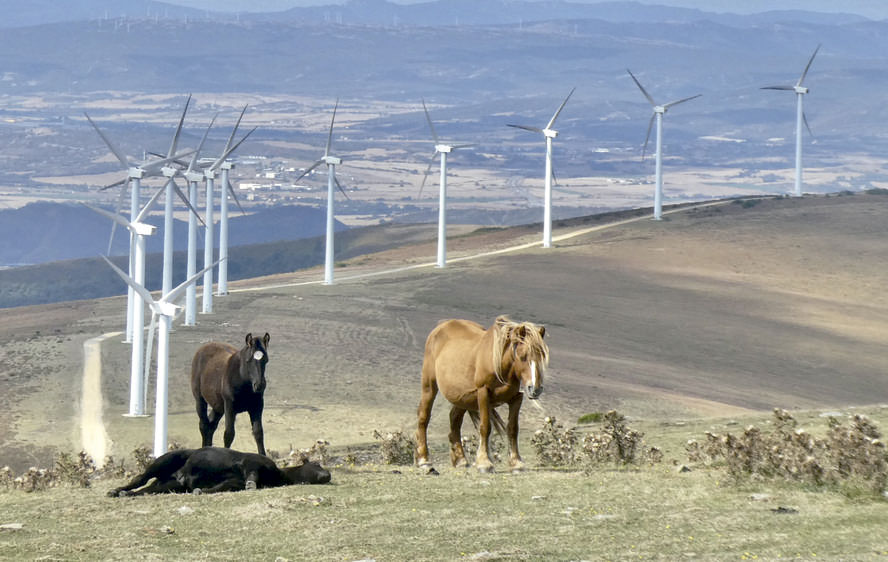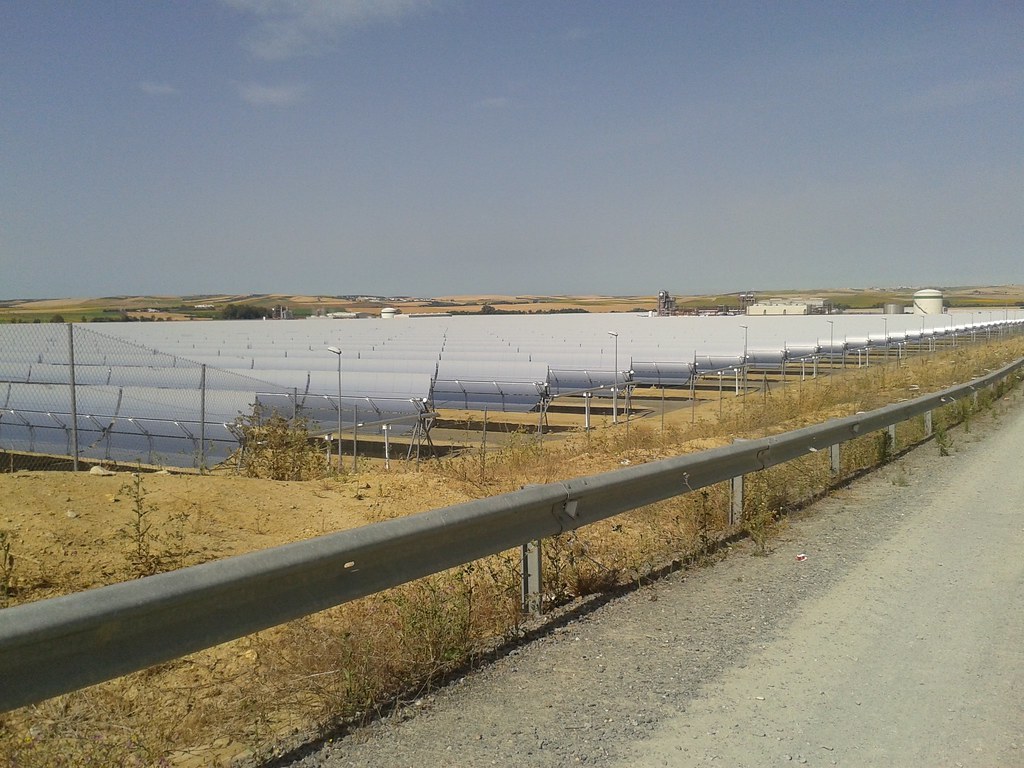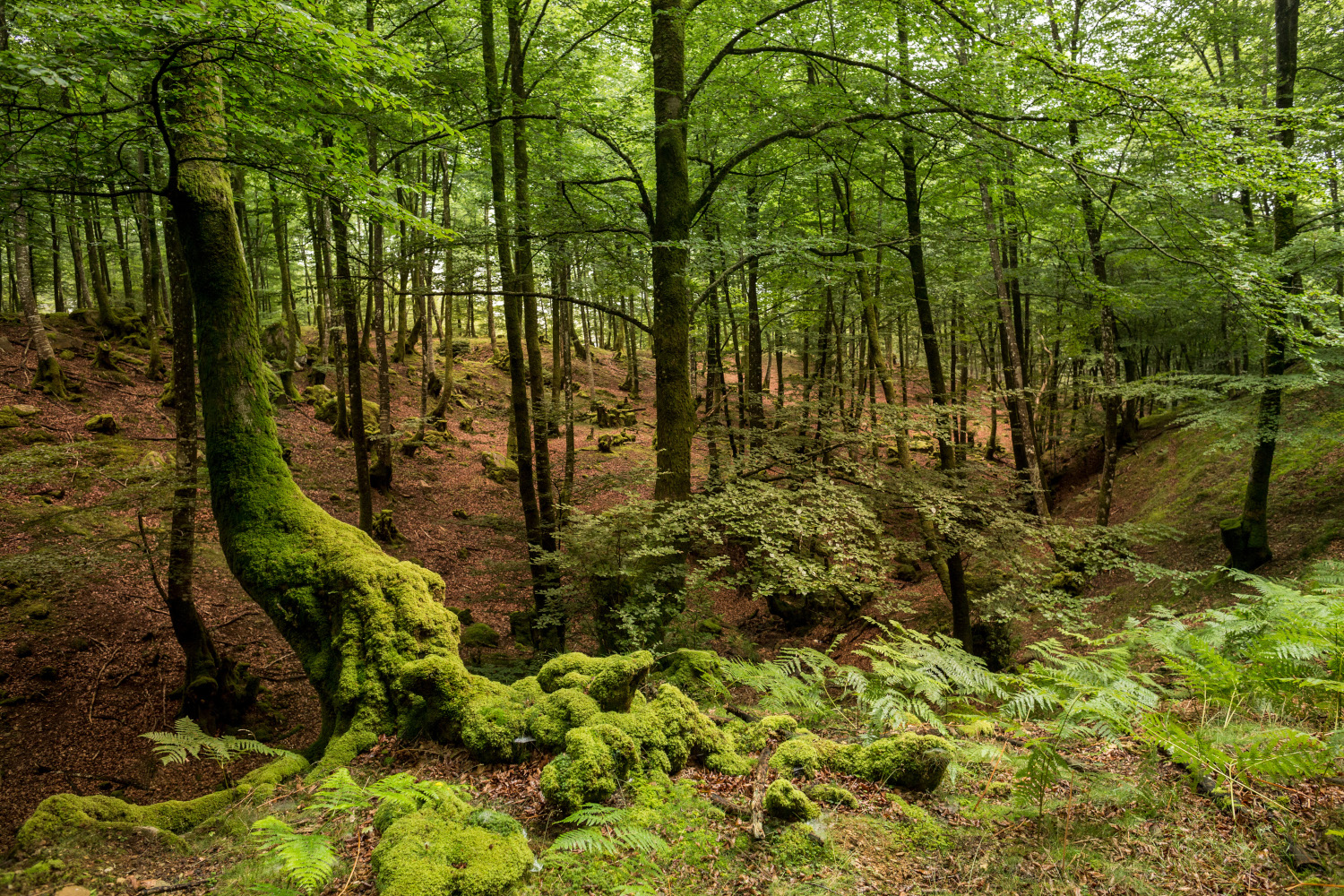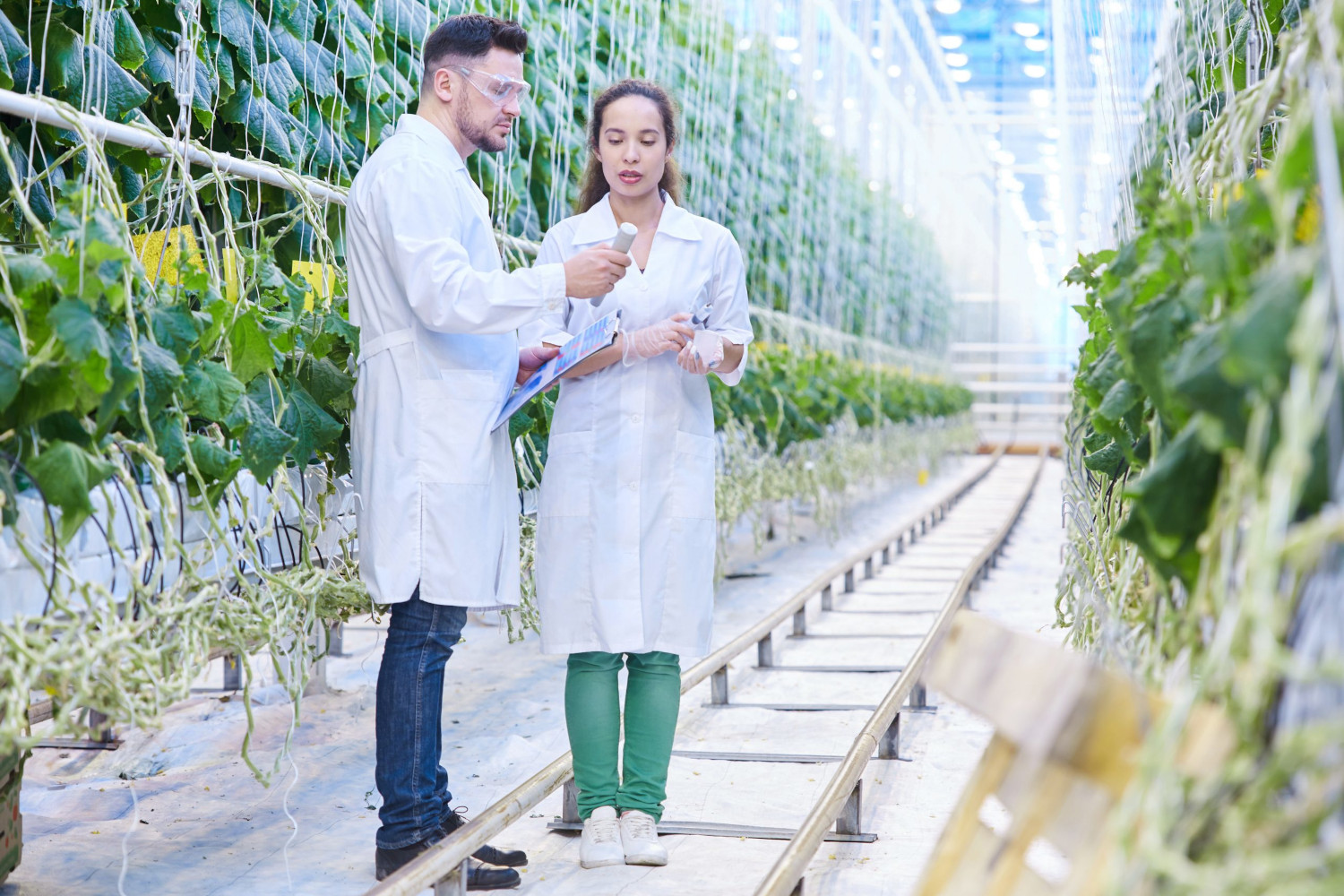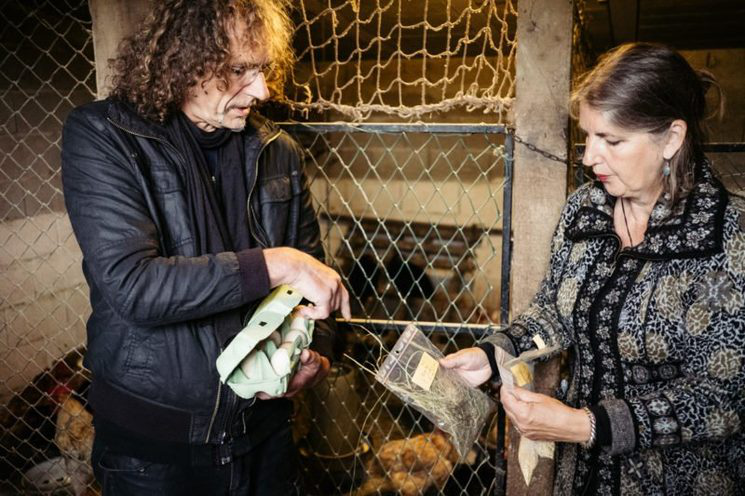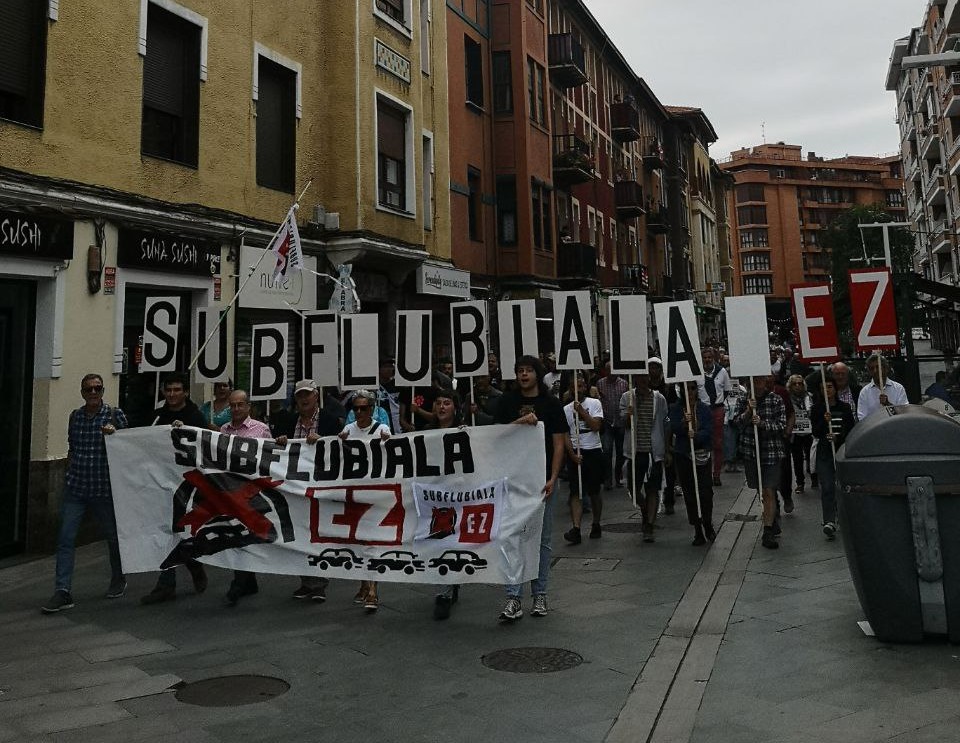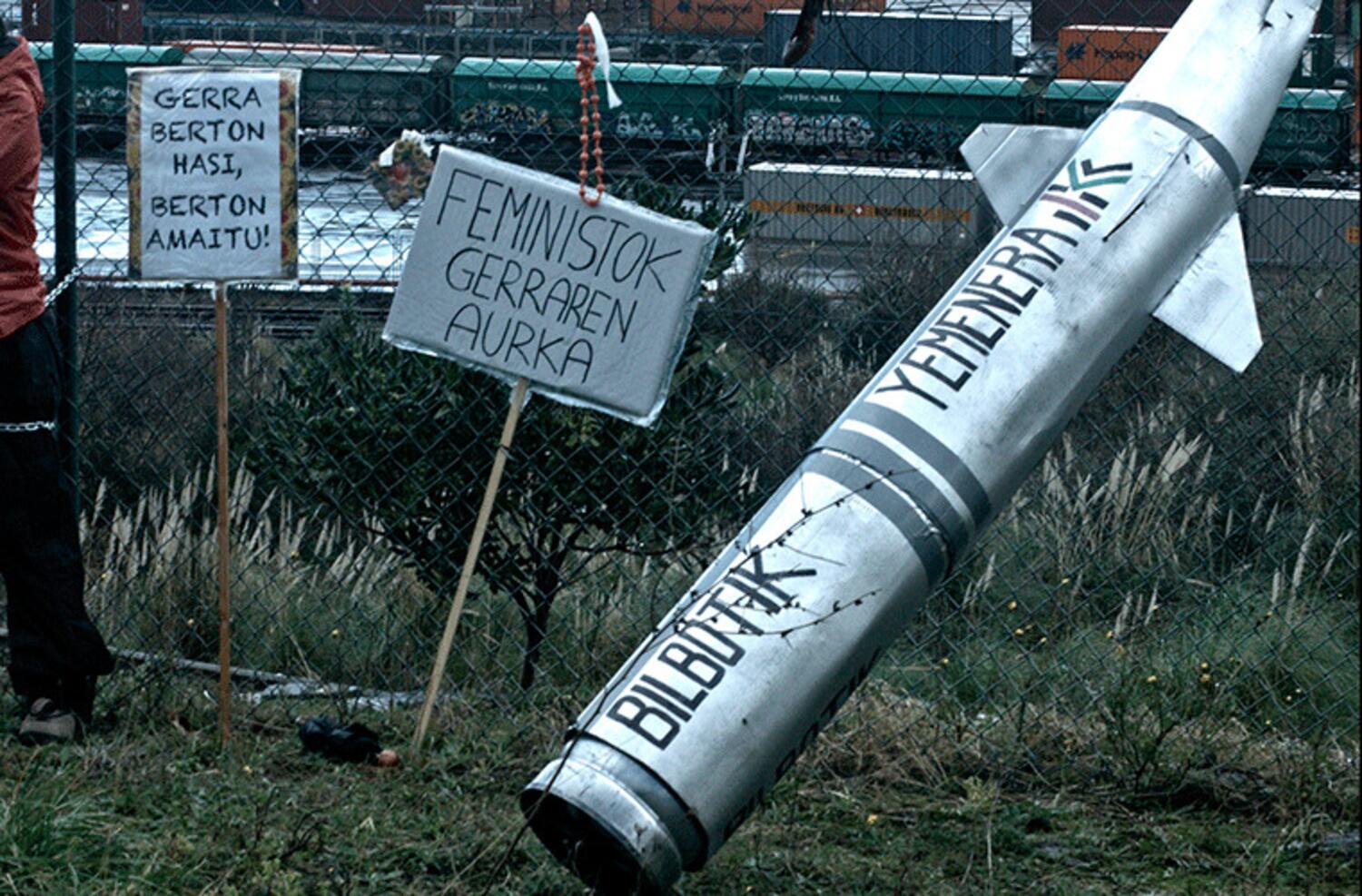"We Chileans are the ones who will pay for electrification around the world."
- Now that we use the word "emergency" rather than "good morning", the words of Mari Paz Aedo will help you to deal with with enthusiasm and satisfaction the work of your utopias of this course. He was born in Chile 45 years ago in Santiago de Compostela. It analyzes the socio-ecological conflicts at the Energy and Equity Observatory and at the Center for Socio-Environmental Analysis of Chile. Participates in the Fair Transition Project in Latin America. He has been in Euskal Herria in late July convened by the Sañu Bizirik group, and we talked to him at the Matadeix de Azpeitia, that morning of sun.

In Euskal Herria, governments and companies want to implement as many renewable energy projects as possible in rural areas. How do you see us from your experience?
I was shocked, but I do not know why I should be surprised if companies act in the same way here and in Latin America. There is an indisputable premise: "These projects must be carried out or yes, if we do not get into the climate catastrophe." Really the only way out there is a transition from corporations?
"Everyone is attentive to how fossil fuels can be replaced, and that's a big lie: it's not real, it won't happen."
Everyone is attentive to how fossil fuels can be replaced, which is a great lie: fossil fuels are not substitutable, there is not enough electrification rate. It won't be real, it won't happen. What we have to do is analyse the demands and energy consumption, rather than just looking at the supply: they want to solve everything from the point of view of energy supply.
What I find most serious is the weakness of the institutions and legislation of the Spanish State to deal with these projects.
All these projects are designed in a global model that does not benefit the local community or ecosystems. On the contrary, they are designed to continue to do more or less eternal in that interconnected European network, without touching the model itself. This inevitably leads to loss. The problem we have is not solved by building thousands of windmills.
Is it possible to make a real energy transition without changing the economic model?
Capitalist logic does not take production costs and environmental damage into account, and sees them as an obstacle. Although the logic of green capitalism attempts to account for these costs and damages, it does not question the logic of sustained growth based on a limited planet. Growing without measures is what has caused the crisis, so what will we solve the crisis, growing more in “green”?
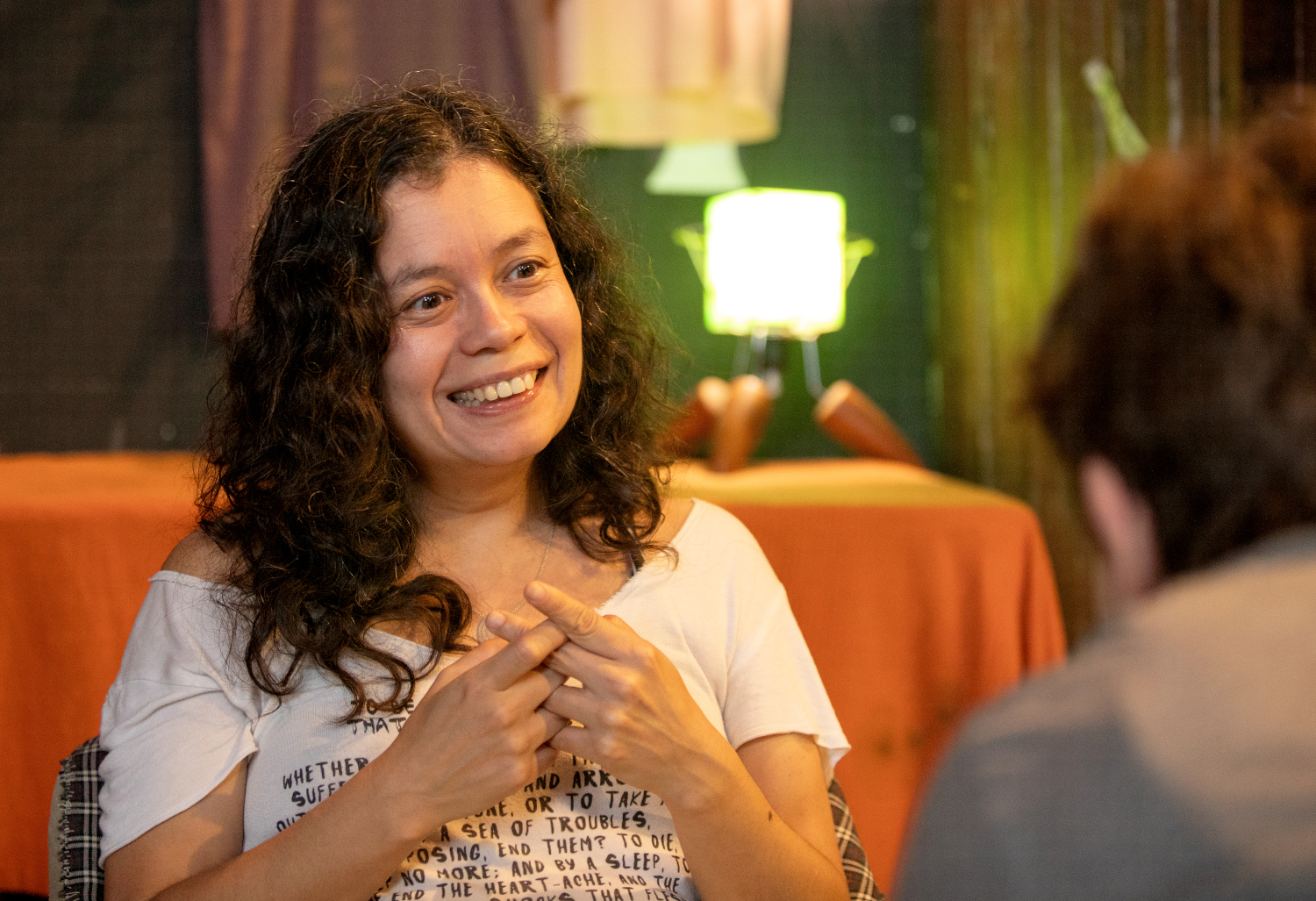
The Basques take advantage of the energies and materials absorbed from other lands of the planet. What do you think we do not want to squeeze our land now?
"We are moving materials from one territory to another to respond to the enormous level of consumption of a small percentage of the population"
I am glad because I see that resistance movements to this extractivist capitalist eroma are not only kindled in Latin America. There are different colonialities within each territory. Within the North are the South and within the South the North. That's why we talk about global north and global south.
We must understand that this is a global model that will have different local impacts depending on the different types of state, the level of force of the rules, the tradition of respect for rights... But we have a serious problem, because we are moving materials from one territory to another to respond to the enormous level of consumption of a small percentage of the population.
The golf courses are working while there are many people without water or energy.
In this updated version of estractivism there are two serious issues that are related to minerals and new energies. They want to maintain Chile's economic growth, but how? Green hydrogen and lithium.
Lithium is essential for all batteries. What are the consequences of lithium extraction in the territory?
"We represent deserts as living spaces and there's a lot of life, what we don't see."
Chile is the country with the highest number of known lithium reserves, although this does not mean that all of them are available. Lithium is under the salt and salt flats and the thousands of microorganisms that live in them are in danger. To remove lithium, salt water is pumped into wells, water is evaporated and lithium powder is extracted between salt. Do we need to evaporate the water to extract this metal from the driest land in the world? These salts are not going to disappear just pits, they form an interconnected network, a whole basin, and the presence of these waters affects the rest of the desert. And the microbiological mass in the desert is of great value to the planet, yet unstudied. We represent deserts as lifeless spaces, and there's a lot of life that we don't see.
What does the energy transition look like from the country with more lithium?
As always, we will be the ones who will pay for the issue, this time the transition to global electrification: China, Europe and the US need Chilean lithium.
What about green hydrogen?
It is a mere promise with significant energy expenditure. It needs demass electric power to generate energy. This means that huge solar and wind power plants are needed in territories already affected by stractivism. What for? To sell to Europe. Every time it's said that it's going to benefit the community, perhaps what it's going to contribute is funding a school project, paying the shirts of the local football team and not much more. The resulting energy is exportable or discharged into large interconnected networks. What benefits is traditional industry.
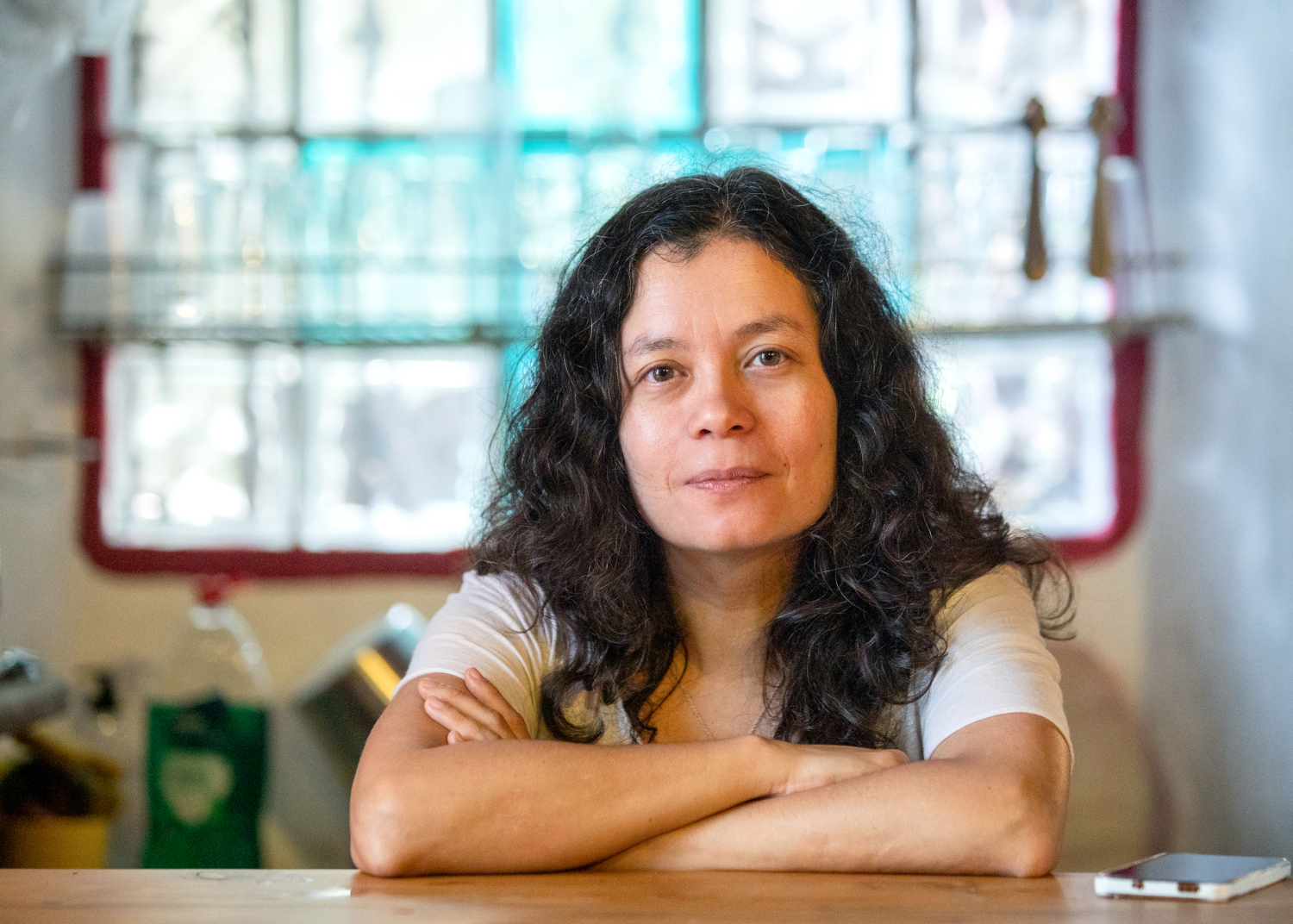
Much is said about the energy transition but little about the just transition. What about your observatory?
When we talk about a just transition, we understand that there are economic, social, cultural and environmental dimensions. The energy debate must come out of the purely technical-commercial dimension, the key is not to send a number of kilowatts to the network. We have to evaluate everything and check where it will be put, for what, for whom, how that energy will be used ...
To put people's dignity and the regeneration of ecosystems first, not to feed an economic model based on sustained growth, which never asks how nothing is distributed. We have to see energy as a right, and energy poverty must first be solved. Other possible uses of energy can be explored below.
"We have to see energy as a right and first we have to solve energy poverty"
For example, water should be used first to supply ecosystems and people, and then we will see if it can be for industrial use, etc. This implies a review of life, consumption and wealth generation. That dialogue is what is at the heart of everything.
A just transition must agree on the boundaries between all, ensure well-being, redistribution of goods and promote a common heritage managed among all. The key is to balance, ensure dignified minima for those living in vulnerability. The problem we have is extreme wealth and our way of understanding development.
There is talk of fertile land in numbers (megawatts, hectares, price...). What is land for people and life?
Who are we, what is being a person? We are nothing different from the earth. We are made of soil, water and microbes. I don't want to use Amalur's cliche, because land is not always a good mother, it has its cycles and sometimes we don't care about anything. The Earth will remain alive, maintain balance and we are another bug. We are not so important.
"The environment is part of us but we are separated, as if something were different. That's the mistake of modernity."
Life is also not an astronomical imperative in the cosmic universe. There is a universe and there is life or there is not. The question is whether we care about life, because those of us who are alive are us. We can appreciate beauty, balance, movement, complexity. We have that wonderful capacity. And I don't know if we're the only ones, I would say that ecosystems are also the percic ones. There's a way of living in the world that can destroy the world, and the other way around, that can care.
If we put care in the center -- we have to put ethics in the center, not a meaning or a definition of things. This ethic has existed in many peoples, in many traditions, in cosmogony, and also in science, which shows that if we do not take care of the environment, we harm ourselves. The environment is not the other, which must be saved from nothing... It is us! This was what the people of the Amazon knew, and so they became millions and millions of fishermen and gatherers in this territory, because they knew they were part of it. We are related to the environment: it is the air we breathe, it is the food we eat, our living creatures are animals and all creatures: stones, air, water... All of this is also part of us. We are separated from the environment, as if we were something different. That is the mistake of modernity.
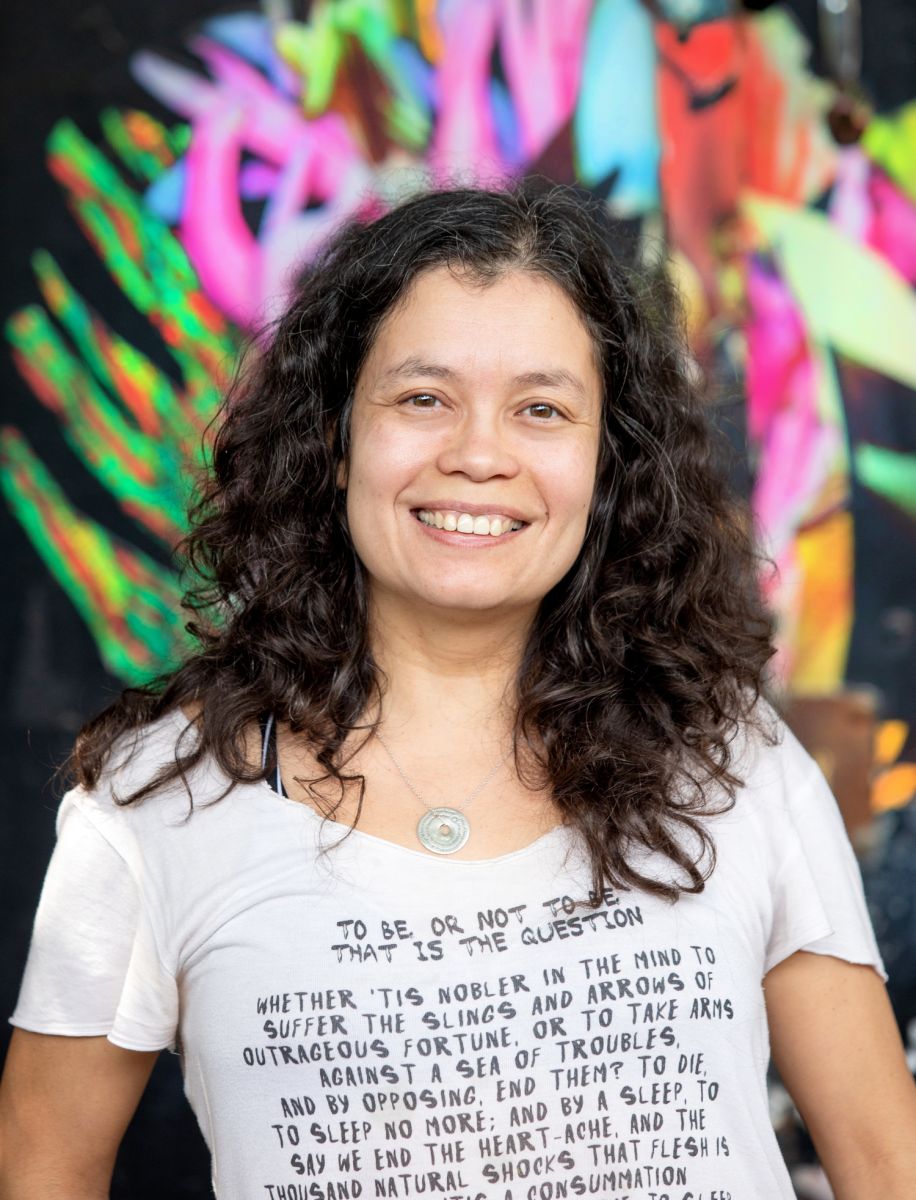
We citizens elect political representatives, but decisions that have a weight in everyday life are taken by multinationals that kill militants and journalists who face their projects. Faced with these mafias, what are the foundations for a more sovereign future?
I have only learned a couple of things, that they should not be released and that they should not be chained in expectations.
Something paradoxical must be done: do not let go and rest at the same time. You cannot fight without burning. You need to rest, care, protect yourself, eat, sleep -- these are basic things. And at the same time it is necessary not to liberate, resist, maintain and care for the desire that not everything is burnt land. Maybe that's what we do when we take care of children: don't let go and rest at the same time. An environmental struggle is very similar.
You said that you do not have to chain in expectations...
Things always surprise us. Everything can be much more beautiful than we dreamed of. I was in Tabanera de Cerrato (Castilla León, Spain): it is a town recovered, the artists went to live there and we made a good party until the Berandic night, we talked long... I dreamed a space of this kind many times and even tried it in Chile, but it's hard because neighborhoods have few resources and there's a lot of drug trafficking. But what I once dreamed was happening in Aban. It's certainly not perfect, I'm sure people have problems, but it was a wonderful surprise. Nor did I expect Francoists and Pinochetists to be back in government. Life is like this, very rare to plan, who knows what it will be in a hundred years! At the same time, however, cracks are occurring at all times, what we dream of and what we want to see happen is getting into the slits at all times. We have to live the present very strongly.
"We have to live the present very hard"
Silvia Federici speaks in a book of her delicious activism and I totally agree: there are sad activisms and there are joyful ones. Sad activism is always in the utopia of perfection, in what I want it to happen and never happens, and as it doesn't happen, I'm getting frustrated systematically and I can't delude anyone, because it's always a very acidic and hard struggle. And it's true that there are a lot of acidic and hard things, but putting the focus only there always causes there to be a very small group of people, quite bitter and not more. There is a pleasant activism that I saw in Tabanera de Cerrato: yes, I agree, with all its privileges, because they are in a wonderful place and are artists, but they are not only privileges, it is also a spirit, they are eager to do things in a way, they allow us to enjoy something today, have a place to take strength...
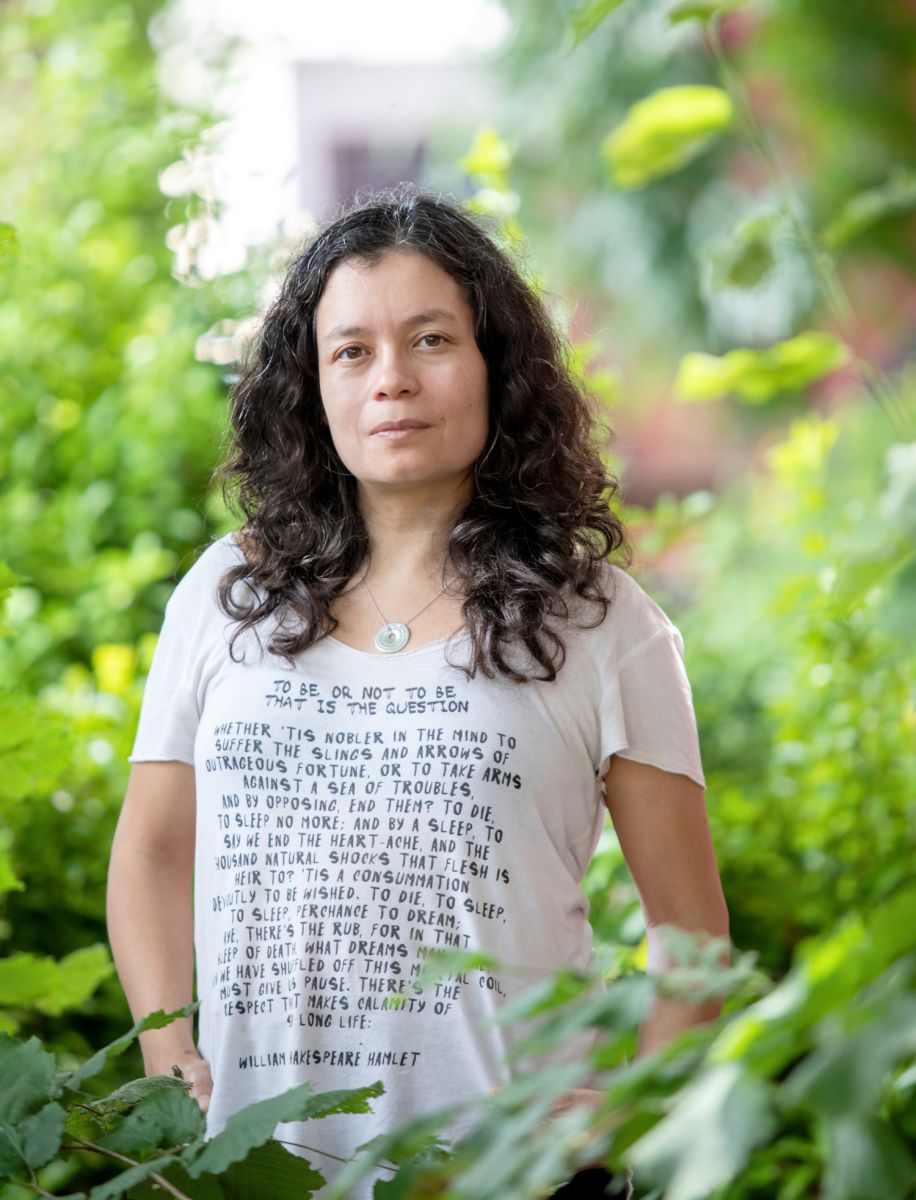
It's scary to think about the future.
We are at a very difficult time, in a period of recession. A year ago, I lived romantic love with my country, and I didn't realize it was exciting: at that time, we had a great hope of breaking down what was the first neoliberal constitution and rebuilding it all. We lost it. And not only because of misinformation, but also because we're actually not a majority. Indeed. It's much easier and more comfortable to keep doing what we're doing. In this, the left is anti-intuitive and environmentalism: they tell us “friends, we have to change many things.” And man, by default, the last thing we want is for things to change a lot.
"The image given by capitalism is that the future is a risk and that each one must ensure continuity at any price"
Capitalism sells us an illusion of continuity, but at the same time it keeps us on alert and everything has to be faced individually. So the image it gives is that the future is a risk, so everyone must ensure continuity at any price: the continuity of our lives, our standard lives, our consumption models, our ideas of well-being... That is why fascism triumphs, because it offers perseverance on a large scale: with more policemen, with ideas of security and always creating an enemy, accusing another collective that he is the one that endangers continuity: lesbians, migrants... These are the threats, therefore, you must follow the only path to your vital continuity. And that's very appealing, because in a doubtful world, we want a single path, sure. And those on the left, on the other hand, are saying, "What is a revolution?" People don’t want to hear it, words like “growth” bring it to the head apocalypse.
People don't want to hear "growth," but you can't keep on living so far...
The question is how we make our future possible to make it attractive and secure. People need a lot of security. We must offer something that is not even more serious than the present situation. That is why it is important to review what the basic needs are: Starting the Tour de France in Euskal Herria is not a basic necessity. The assurances we need are others: being able to eat well, water, energy and basic things that a dignified house needs.
"Everything we do today is a seed for the future."
From ecology to the future, everything is wrong, it generates eco-anxiety. We must take care of each other and have spaces that we feel protected, such as the Matadeixe de Azpeitia, in which we can project a future. All we do today is a seed for the future. What I do now can influence ten people, but in a hundred years it can become common sense. If we think “ready, there’s nothing to do,” that’s what we’re going to sow for the future. Anything we do today will remain in the future. We know that when we are aware that we are interrelated with everything. We are not an individual, we are not a grain of sand on the beach, we are all the beach, we are ancestors of a lot of people (whether biological or not) and we are heritage of the former. It is nice to see that in this life we are the threads that we are united, not the individuals.
Thanks for the humor and optimism you have when you speak, there is no environment.
"If war is lost here, there may be another country that has as its benchmark the struggle here and the struggle will continue there"
It is true, as Greta Thunberg says, the house is burning (it is easy to say from Sweden, but it must be said). It is true, the indicators are terrible, human rights violations are becoming more and more frequent. But today we are alive. That's what we have. That is where we have to take action, we have a few small windows today, and if war is lost here there may be another country that has as its point of reference the struggle here and that the fight continues there.
The worlds occur at once: there will be territories that we will be safe, such as Tabanera de Cerrato, will be seen until when. There will be territories that will destroy, for example, territories of the Latinamericans, in which stractivism continues to evolve. And there will be territories where resistance is possible, such as the Basque Country. It's all given at once. And that's necessary to not feel that everything is really bad or that everything is wonderful. If we understand this complexity, we can rest because not everything is personal responsibility. If I don't get it right here, quiet, I'm sure there's a girl fighting in Namibia, Congo or China and doing well. There will always be someone, and you need to feel that we are not alone, that we are part of something and that we are constantly turning on lights. Eduardo Galeano said we are all small fires...
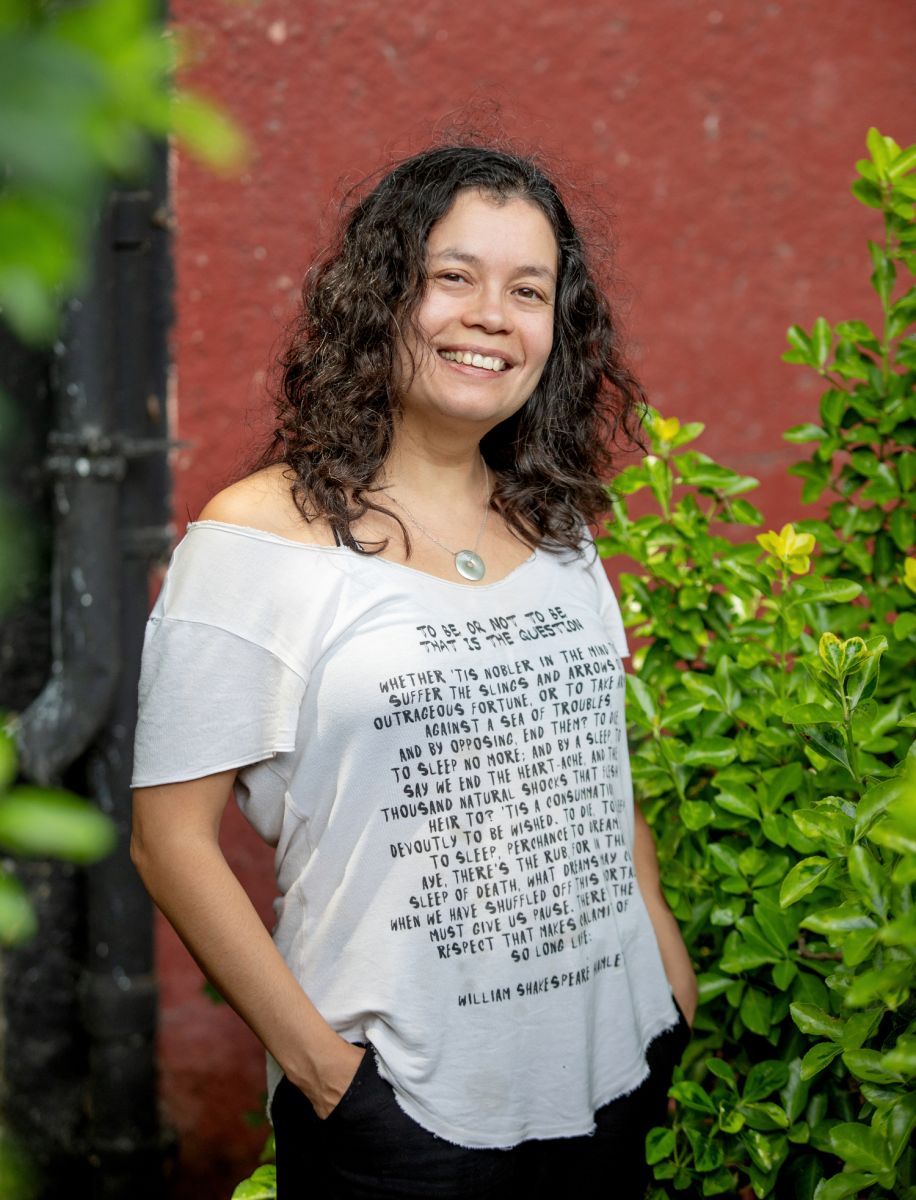
DEVIL LAWYER
It responds to the promises of companies and governments that want to put large renewable energies:
“Clean energy.”
What does net mean? Doesn't it emit carbon? OK. And where does the material come from to build those infrastructures? Is it clear that he will kill the birds? The word “green” is completely manipulated: We're only understanding decarbonisation as "green." But you need to have a full view of production.
“Wealth. We need energy not to stop the industry, and thanks to the wealth generated by the industry, through taxes, we maintain the basic services of the welfare society.”
You have a powerful steel industry. What is this steel for? Would it not be better to review the arms industry? In order for us to drive the dearth, we do not need that much energy for the steel industry.
Is there no other way to generate wealth? We all pay taxes, right? There are other economic activities. Here, first of all, the food sovereignty of the territory is in danger.
“They help reduce the climate emergency.”
Of course we must stop using fossil energies. But there are many other ways to address this problem. You have to think about homes for people to live well, and for that there are many possibilities.
Globally, not all renewables are a problem, the problem is scale. When the scale is industrial and oriented to meet different needs of people's well-being, it is questionable. The problem is not the windmill as it is.
Lehengai anitzekin papera egitea dute urteroko erronka Tolosako Lanbide Heziketako Paper Eskolako ikasleek: platano azalekin, orburuekin, lastoarekin, iratzearekin nahiz bakero zaharrekin egin dituzte probak azken urteotan. Aurtengoan, pilota eskoletan kiloka pilatzen den... [+]
Today’s Venice is built on an archipelago of 118 islands. These islands are connected by 455 bridges. The city is based on mud rather than Lura. Millions of trees in the area were cut down from the 9th century onwards to build piles and cement the city. Years have passed and... [+]












